The Middle Eastern classic
Raketa has reimagined its most emblematic model specially for the Middle East, under the name of “Big Zero” Arabic. Its exceptional design, which has become a Raketa classic, now comes with an Arabic dial.
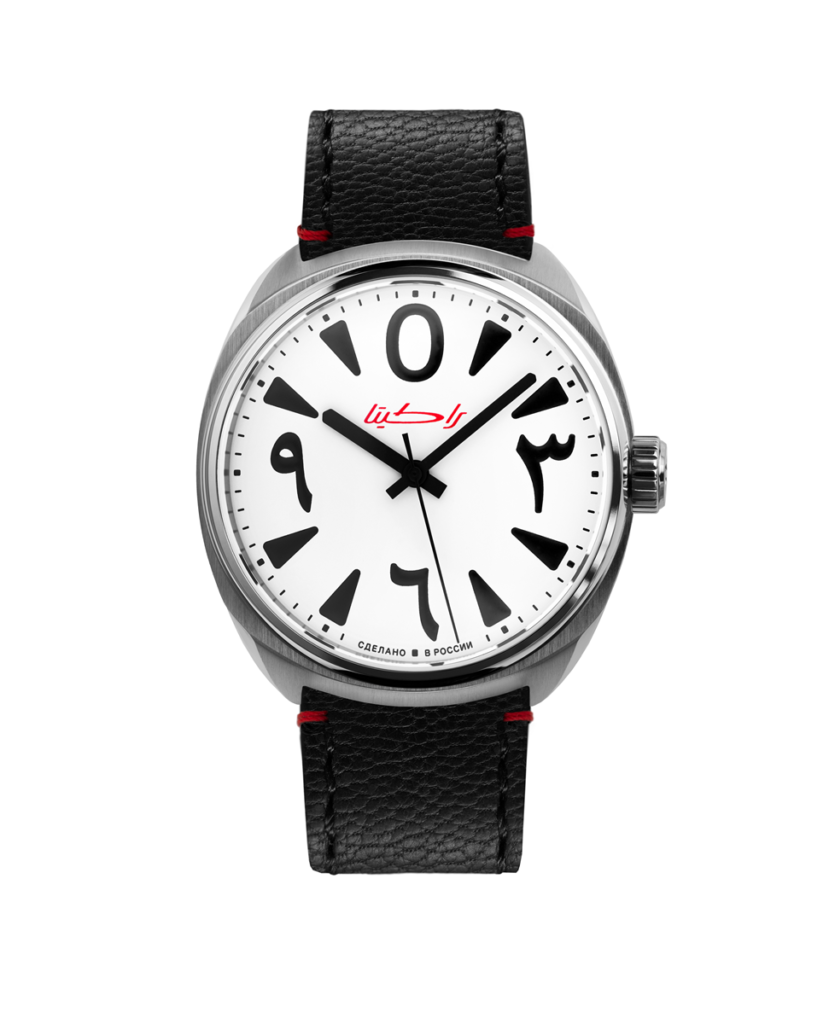
The traditional and emblematic ‘0’ of the Raketa Watch Factory is still present on the dial, while the rest of the numerals are in Eastern Arabic, with a font design inspired by the original Soviet style model. The black and white colour scheme of the new dial is complemented by Raketa’s logo in Arabic script, created by Mohammad Sharaf, renowned calligrapher, in the brand’s signature red colour.

THIS IS HOW IT GOES poster by Mohammad Sharaf.
Raketa’s collaboration with this Kuwaiti artist, participant of contemporary Arabian design exhibitions and creator of bold local projects, has resulted from the growing interest in foreign watch brands in the Middle East.

Raketa in particular has found a new generation of watch-lovers in the region, who appreciate its singular designs and the manufacture’s rich history. Therefore, the “Big Zero” Arabic combines the West and the East, bringing together the history of Russian watchmaking and the Middle East’s incredible passion for fine watches.
A Unique Sound
Raketa’s mechanical movement is very Russian by its engineering design. It is also very Russian by the materials used: all the metal as well as the 24 rubis stones of the movement come from Russia. Even the hair-spring, the very heart and most complicated part of the movement, is cast from a secret Soviet alloy. All of this gives a very distinctive acoustic signature that is quite different from that of Swiss movements.
The Big Zero is one of the few Soviet-era watch designs to have conquered the hearts of the world and to have stood the test of time.
A black & white dial with oversized numerals crowned with a big 0 creates a self-evident, functional, but nevertheless radical design, which had to become the first Raketa to feature an Arabian dial.
The transparent case back reveals the beautifully decorated Raketa automatic movement, which is entirely designed and manufactured at the Raketa Watch Factory in St. Petersburg.
A limited production of 100 timepieces has been released this year. Future editions will be made available according to the production plan.
The origins of this bold design
When asked what inspired Soviet designers to create this bold design with a big 0, old specialists of the Raketa factory answer that it is simply more logical to start counting time from 0. Indeed, time, like everything else in our lives, always begins from 0.
With this radically innovative concept, the Big Zero watch is at the avant-garde of time reading: time starts from 0, not from 12! It directly challenges the worldwide established convention that there should always be a 12 on the dial.
Price
The cost is 1 700 EUR (including VAT)/ $2,568 CAD. The model is offered by Raketa’s official dealers in the Middle East (UAE, Bahrain, Qatar, Saudi Arabia, Kuwait) and on the official website. For customers’ convenience, Raketa watches are delivered worldwide free of charge by DHL directly up to the front door.
Specifications
| Factory: | Raketa Watch Factory (Saint-Petersburg) |
| Movement: | |
| Calibre: | 2615 |
| Functions: | Automatic |
| Number of jewels: | 24 |
| Testing positions: | 4 |
| Average rate (s/d): | -10+20 |
| Average running time (h): | 40 |
| Frequency/hour: | 18.000 / 2.5Hz |
| Bi-directional automatic winding | Yes |
| Stopper of self-winding unit activated during manual winding: | Yes |
| Decoration: | Laser engraving Neva waves Red rotor |
| Case: | |
| Material: | Stainless steel |
| Size: | 40 mm |
| Front glass: | Sapphire |
| Back glass: | Mineral |
| Crown: | Ruby stone inside the crown |
| Water resistance: | 10 АТМ |
| Strap/bracelet: | |
| Material: | Genuine leather |
| Width: | 20 mm |
| Sex: | Unisex |
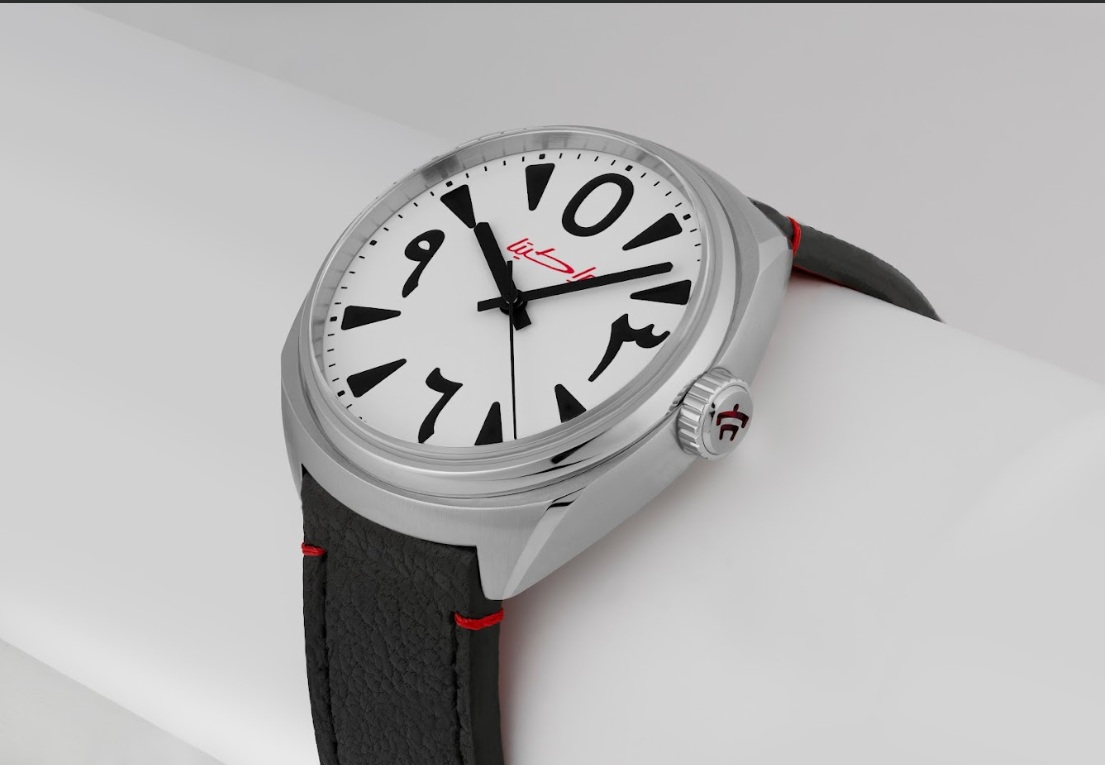
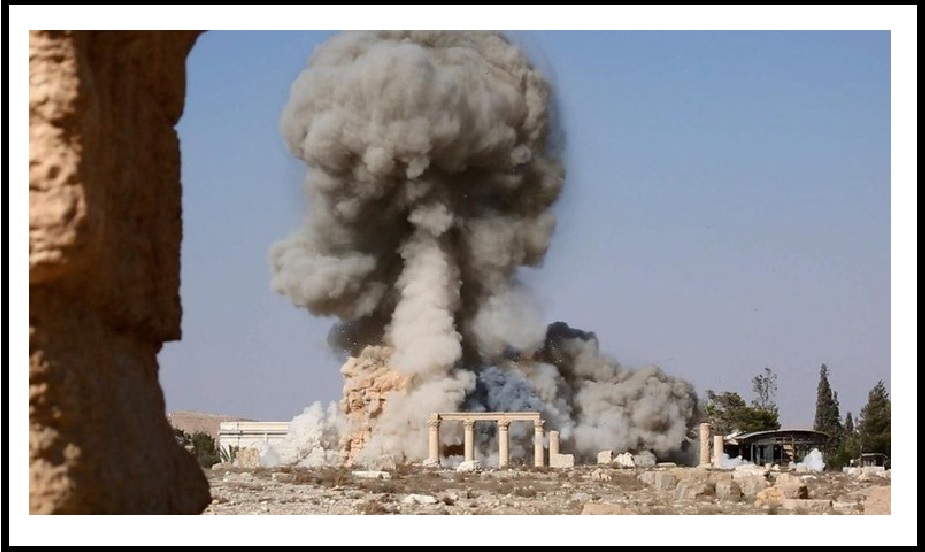
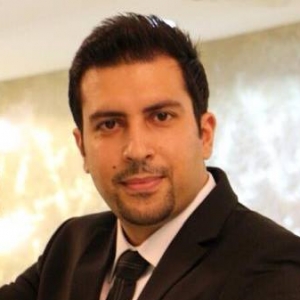


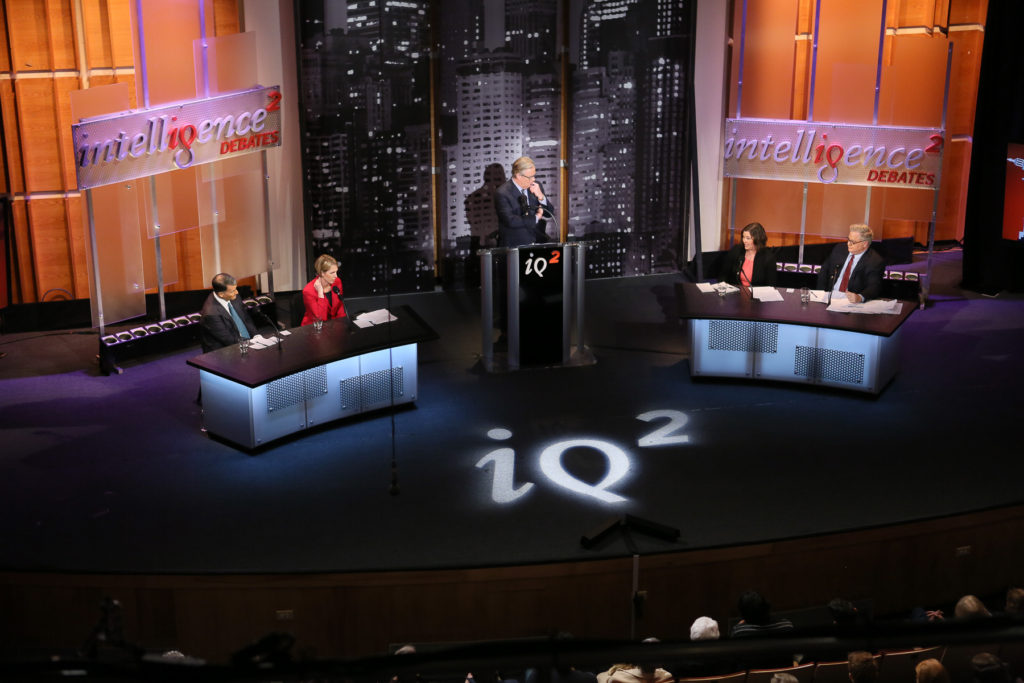

 Yield 4-5 Servings
Yield 4-5 Servings 